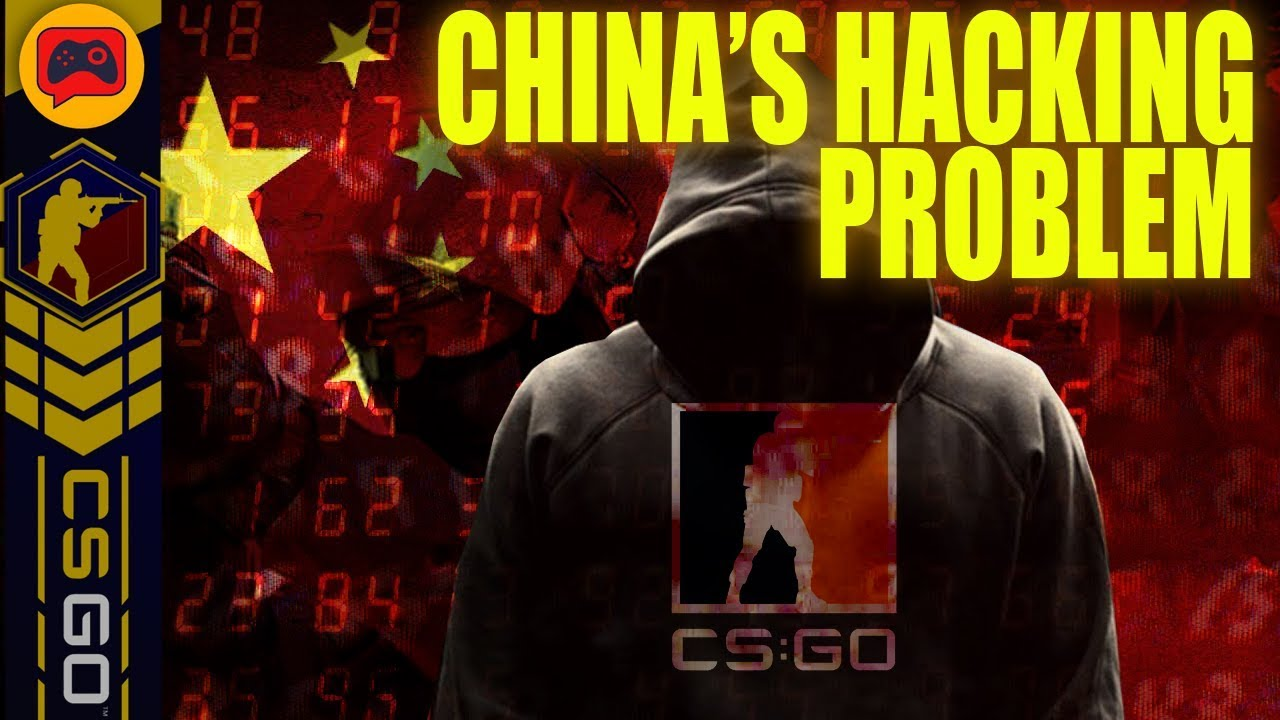
米司法省:中国人含むハッカー7人を起訴:张浩然、谭戴林(動画):
U.S. Department of Justice: Indicted 7 Hackers, Including Chinese:
美国司法部:起诉7名黑客,其中包括中文:张弘德,谭戴林
米司法省:
9月16日、広範なハッキングに関与したとして、
- 米国在住の中国国籍の5人と
- マレーシアのビジネスマン2人を
起訴したと明らかにした。
連邦検察:
中国国籍の5人は、内外の100社を超える企業に対するハッキングに関与。
マレーシアのビジネスマン2人は、中国国籍の2人と共謀し、米国、フランス、日本、シンガポール、韓国のビデオゲーム企業に対するハッキングで利益を上げていた。
司法省は今月に入り捜索令状を取得し、サーバーなどを押収。
米マイクロソフト:
マイクロソフトが、ハッキングの防止措置を開発、検挙に大きく貢献したとした。
| ロイター
https://jp.reuters.com/article/cybersecurity-usa-china-idJPKBN26733O
Seven International Cyber Defendants, Including “Apt41” Actors, Charged In Connection With Computer Intrusion Campaigns Against More Than 100 Victims Globally
In August 2019 and August 2020,
a federal grand jury in Washington, D.C.,
returned two separate indictments charging five computer hackers,
all of whom were residents and nationals of the People’s Republic of China (PRC), with computer intrusions affecting over 100 victim companies in the United States and abroad,
including
software development companies, computer hardware manufacturers, telecommunications providers,
social media companies,
video game companies,
non-profit organizations,
universities,
think tanks, and
foreign governments,
as well as pro-democracy politicians and activists in Hong Kong.
The intrusions, which security researchers have tracked using the threat labels
“APT41,”
“Barium,”
“Winnti,”
“Wicked Panda,”
“Wicked Spider,”
facilitated the theft of
source code,
software code signing certificates, customer account data,
and valuable business information.
These intrusions also facilitated the defendants’ other criminal schemes, including ransomware and “crypto-jacking” schemes, the latter of which refers to the group’s unauthorized use of victim computers to “mine” cryptocurrency.
The August 2019 indictment charged
Zhang Haoran (张浩然), 35,
Tan Dailin (谭戴林), 35,
with 25 counts of conspiracy,
wire fraud,
aggravated identity theft,
money laundering,
violations of the Computer Fraud
and Abuse Act (“CFAA”).
The indictment charged Zhang and Tan
with participating in a “Computer Hacking Conspiracy,” which targeted high-technology and similar organizations.
The indictment also charged that, as an additional way to make money,
Zhang and Tan participated in a “Video Game Conspiracy,”
through which Zhang and Tan, together with others, sought to make money by hacking video game companies, obtaining and otherwise generating digital items of value (e.g., video game currency), and then selling such items for profit.
In several instances, they used their unauthorized access to gaming company networks take action against other unrelated groups engaged in the same fraudulent generation of gaming artifacts, thereby attempting to eliminate the criminal competition. international-cyber-defendants-including-apt41-actors-charged-connection-computer
OPA | Department of Justice